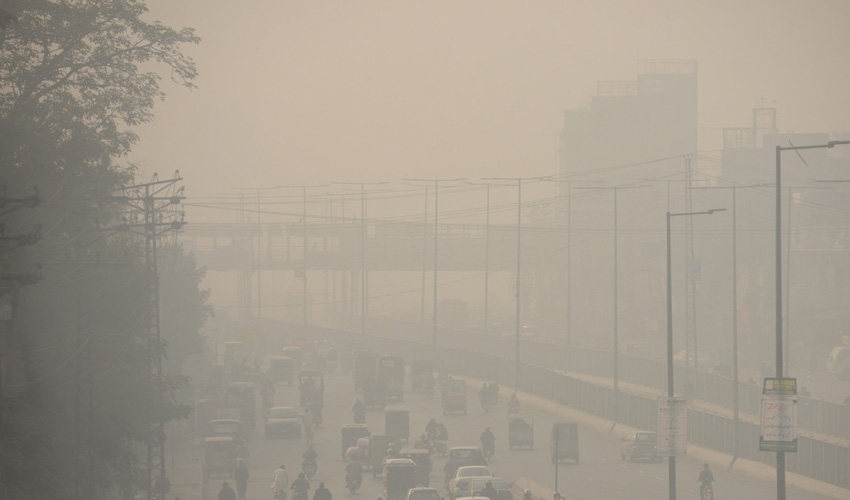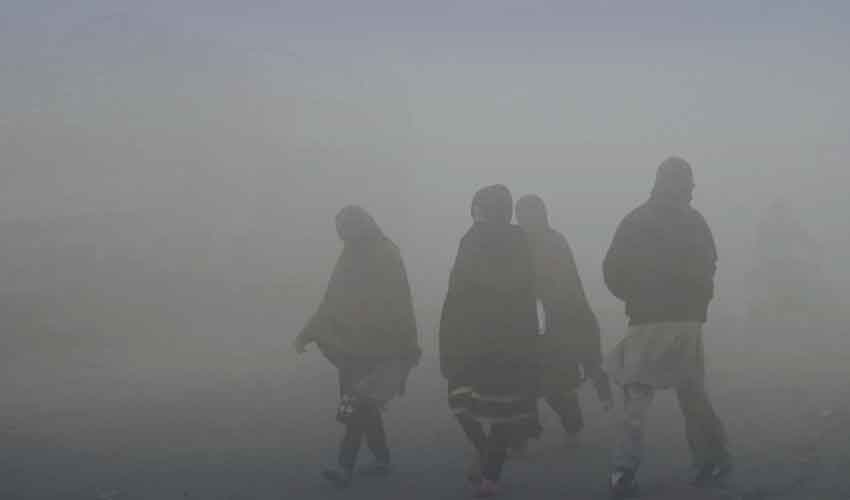“The government should take immediate and decisive action against illicit trade to enhance revenue and reduce the tax burden on the common citizen. It's almost six weeks post the budget and you still see heaps of illicit items in the market,” said Fawad Khan, spokesperson for Mustehkam Pakistan, an advocacy firm dedicated to curbing illicit trade and tax evasion in Pakistan.
Showing deep concern about the pressing issue of illegal trade and its detrimental impact on the country's economy and marginalized communities, he warned that without expanding the tax base and implementing a comprehensive track and trace system and effective curbing policies, the government will find it challenging to increase the tax-to-GDP ratio to its target of 13%.
He mentioned that a recent report from a foreign research institute reveals that approximately 1 trillion rupees are evaded annually in Pakistan across from major sectors, including real estate, pharmaceuticals, tyres and lubricants, tea, and cigarettes.
“Tax evasion due to the illegal cigarette trade alone results in an annual loss of over 310 billion rupees to the national exchequer, a figure expected to rise this year,” Fawad added, warning that if all cigarette brands are not brought under digital monitoring, the volume of illegal trade could reach 65% this year, further complicating matters for the legitimate industry and the government.
It is worth mentioning that the DG ISPR, in a recent press conference, stated that around 50-60% of cigarettes in Pakistan are being sold illegally, causing billions of rupees in losses to the economy. Similarly, former Prime Minister Shahid Khaqan Abbasi highlighted that billions of rupees are openly stolen due to the sale of illicit cigarettes in the country, and that government authorities are too weak to collect taxes from these illegal cigarette manufacturers.
Fawad emphasized that if the government fails to implement the track and trace system effectively this time, it will be exceedingly difficult to achieve the tax target for the financial year 2024-25. This shortfall in tax revenue will likely force the government to resort to more borrowing, leading to further economic imbalance and increased debt burden.


























